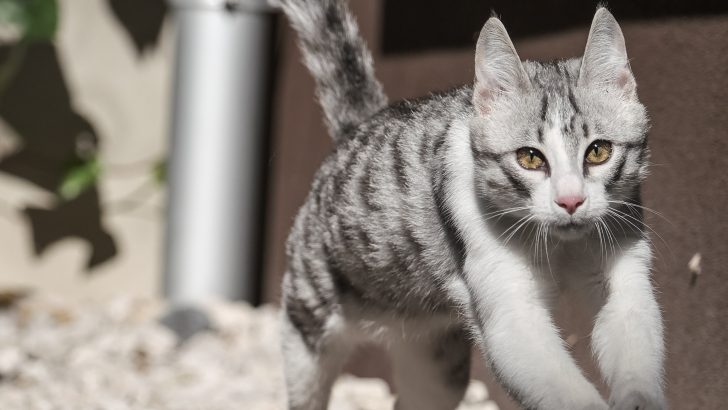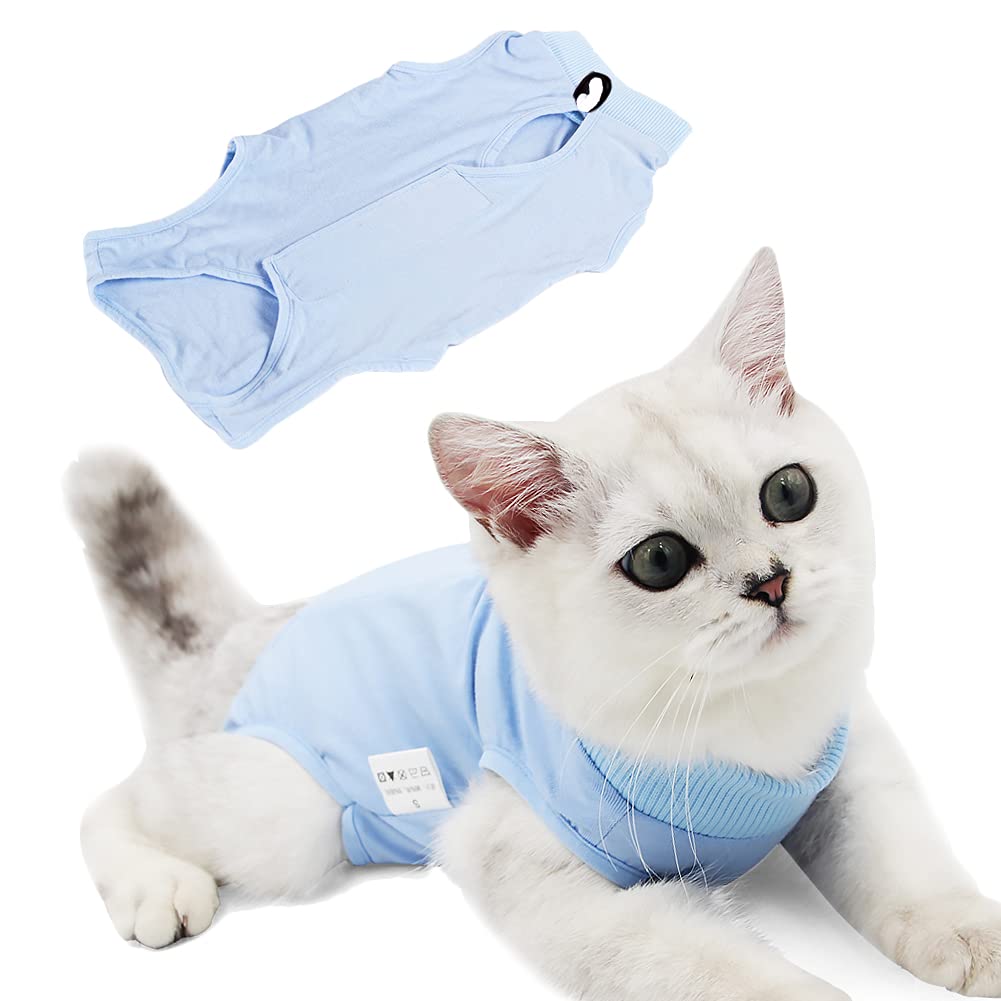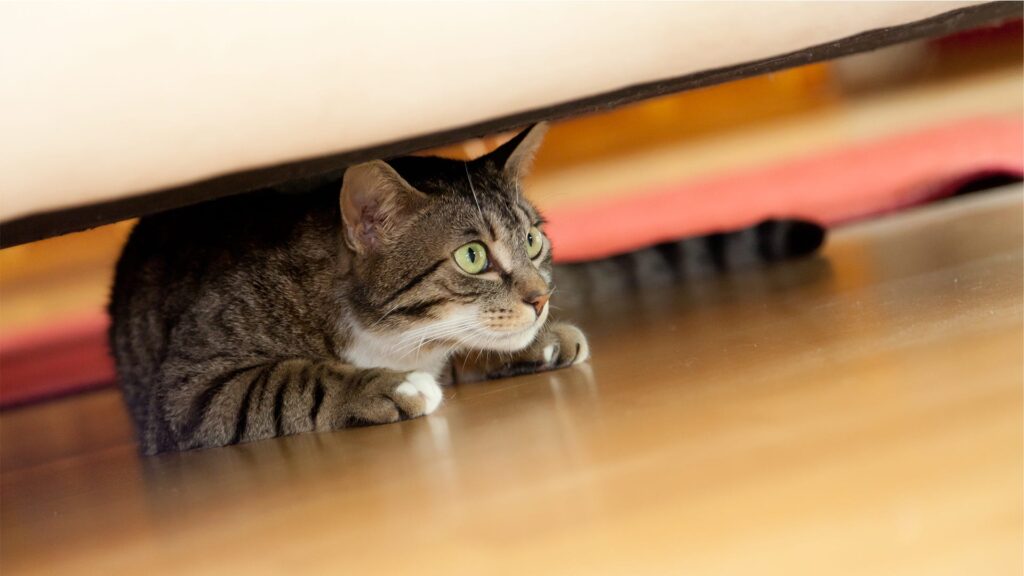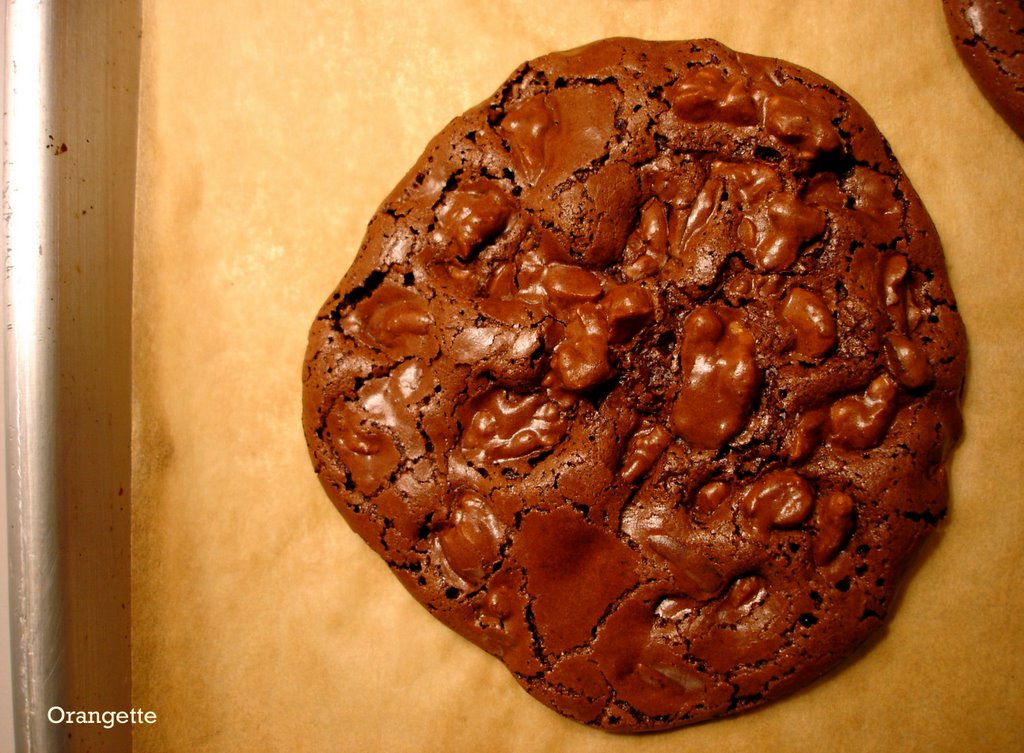A cat being obsessed with food may indicate that it has a voracious appetite or a potential health issue. This behavior can range from constantly begging for food to overly searching for or stealing food.
Understanding the underlying cause is important to address any health concerns or psychological factors that may be driving the obsession.

Credit: m.youtube.com
Contents
Signs Your Cat Is Obsessed With Food
Does your cat seem to have an insatiable appetite? It may be obsessing over food. Here are some signs to look out for:
Constant Begging: If your cat is constantly begging for food, even right after being fed, it may have an obsession with food. This behavior can be accompanied by persistent meowing and rubbing against your legs in anticipation of a meal.
Stealing Food: Does your cat jump onto the counter or table to snatch food? This is a clear indication of its food obsession. Keep an eye on your furry friend to prevent it from stealing food or getting into trouble.
Frequent Meowing: Meowing excessively, especially at mealtimes, is another sign your cat is fixated on food. The constant meowing is its way of expressing its strong desire for food.
If your cat exhibits any or all of these behaviors, it may be helpful to consult with a veterinarian to rule out any underlying medical conditions. Additionally, ensuring that you are providing your cat with a balanced and nutritious diet can help address its food obsession.
Understanding The Reasons Behind Cat Food Obsession
Many cat owners often wonder why their furry friends seem to be obsessed with food. This behavior can be attributed to several factors, including natural instincts, stress or anxiety, and medical conditions.
Natural Instincts: Cats are descended from hunters, and their instinctual need to hunt for food can still manifest itself, even in domesticated cats. This innate drive might make them appear more fixated on food, constantly seeking it out and treating it as a precious resource.
Stress or Anxiety: Just like humans, cats can experience stress or anxiety. This can lead to an increased focus on food as a coping mechanism or as a source of comfort. Factors such as changes in routine, new environments, or even the presence of other pets can contribute to a cat’s food obsession.
Medical Conditions: In some cases, underlying medical conditions can lead to excessive hunger in cats. Conditions such as hyperthyroidism or diabetes can cause an increased appetite and a constant desire for food. If you notice a sudden change in your cat’s eating habits, it’s crucial to consult with a veterinarian to rule out any potential medical issues.
Managing Your Cat’s Food Obsession
In order to manage your cat’s food obsession, it is important to establish a feeding routine. This means sticking to a consistent schedule for feeding times. Cats thrive on routine and knowing when they can expect to be fed can help reduce their obsession with food. Additionally, offering food puzzles or slow feeders can provide mental stimulation and help to slow down their eating habits. These puzzles and feeders can make mealtime more engaging and prevent them from devouring their food too quickly. If you are unsure about how to manage your cat’s food obsession, it is always a good idea to consult with a veterinarian for guidance. They can provide personalized advice and recommendations based on your cat’s specific needs.
Frequently Asked Questions For My Cat Is Obsessed With Food! What Does It Mean?
How Do I Stop My Cat From Obsessing Over Food?
To stop your cat from obsessing over food, try these tips: 1. Establish a consistent feeding schedule to regulate their hunger. 2. Provide mentally stimulating toys and activities to keep them engaged. 3. Offer small, frequent meals instead of one large meal to prevent overeating.
4. Use puzzle feeders or slow-feed bowls to slow down their eating. 5. Consult a veterinarian to rule out any underlying health issues causing the obsession.
Why Does My Cat Always Want To Eat My Food?
Cats may want to eat your food because they are curious and their sense of smell is strong. Also, they may be attracted to the aroma or texture of your food. Make sure to keep your food secure and offer your cat appropriate meals to discourage this behavior.
What Is Food Possessiveness In Cats?
Food possessiveness in cats is a behavior where cats guard their food, displaying aggression towards anyone who tries to approach. It is important to address this behavior to prevent discomfort and potential harm to others. Encourage calm feeding environments and seek advice from professionals if necessary.
Do Cats Get Addicted To Food?
Cats can develop a strong preference for food, but it’s not considered an addiction. They may become overly dependent on certain flavors and textures, leading to picky eating habits. It’s important to provide a balanced diet and avoid excessive treats to keep their eating habits in check.
Conclusion
To sum up, a cat’s obsession with food can have various causes and interpretations. It’s important to observe their behavior closely and consult with a veterinarian for a proper diagnosis. Whether it’s an underlying health issue, boredom, or simply a strong appetite, addressing their needs in a balanced and appropriate manner is crucial.
Remember to provide a nutritious diet, engage them in stimulating activities, and show them love and attention to keep their obsession in check.
Katie Lindsey is a passionate cat lover and founder of Cats Solution, a comprehensive resource for all things feline. With a lifelong love for cats and extensive knowledge in their care and behavior, she provides expert advice and solutions to cat owners. Through her website, Katie fosters a supportive community where cat enthusiasts can find guidance and heartwarming stories. A dedicated advocate for animal welfare, Katie also promotes responsible pet ownership and adoption. Join her on this purr-fect journey celebrating the joy of feline companionship.



